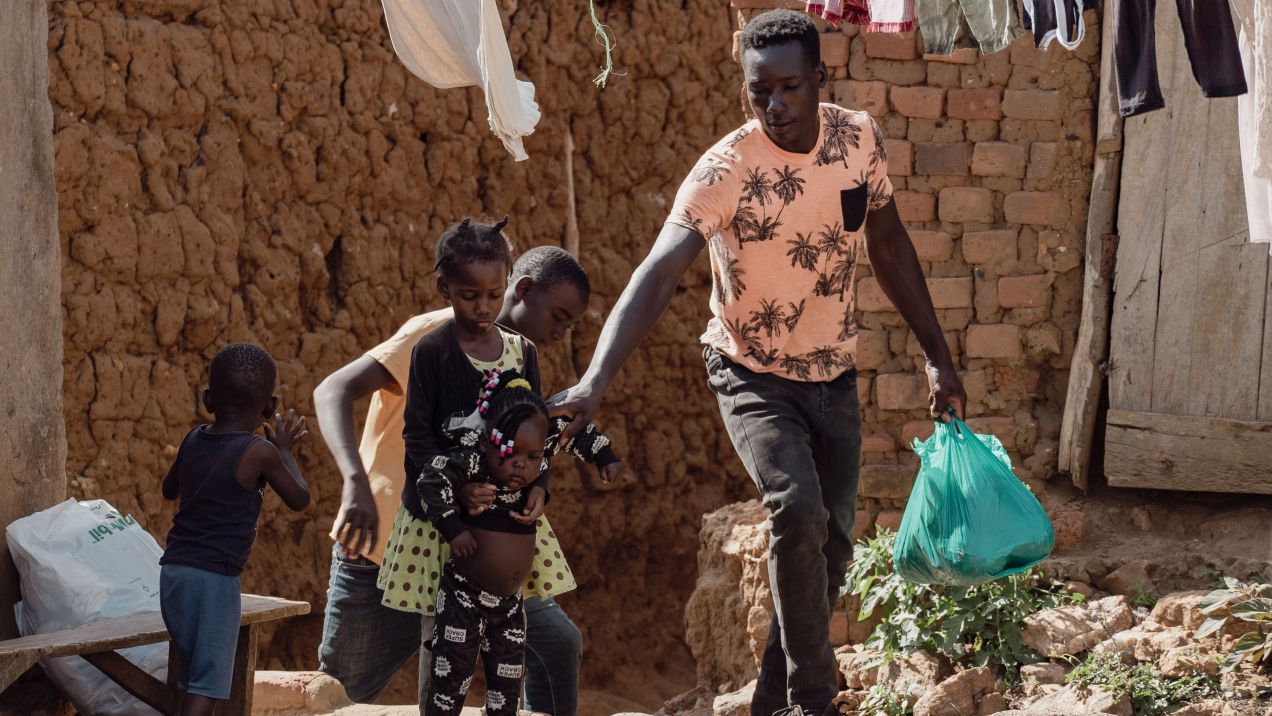Responding to the Solid Waste Management crisis in developing countries
By Keith Mudadi, Programme Analyst
Developing countries are urbanising at a faster rate than developed countries did when they were at the same stage of development. A clear consequence of the rapid urbanisation is the significant increase in consumption and solid waste by-products. Many cities in developing countries do not have the capacity to respond to the increase in waste generation; they are characterised by inadequate Solid Waste Management (SWM) systems (collection, transportation processing and final disposal).
More than half of the solid waste generated in Sub Sharan Africa and South Asia is not collected from the source and is dumped in rivers, streets, drainages, or openly burned. Most of the collected waste is often dumped in uncontrolled landfills. These poor SWM practices have adverse effects on public health and the environment; with the effects felt most by the urban poor especially those living in informal settlements.
The Cities Alliance Joint Work Programme for Fostering Equitable Economic Growth in Cities issue brief on Solid Waste Management in the Global South outlines SWM practices that promote equitable economic growth and practical measures municipal authorities can implement to enhance sustainable SWM.
With the recent COVID-19 crisis, key messages from health experts including the World Health Organisation (WHO) are also focusing on the importance of basic services such as SWM in slowing down the spread of the disease.
The informal sector has an important role to play in SWM
SWM is costly and municipal authorities usually do not have the financial capacities required to set up sustainable waste management systems. According to the World Bank’s What a Waste 2.0 report, waste management can take up to 20% of municipal budgets in low-income countries.
The challenge of SMW in developing countries requires inclusive solutions that promote equitable economic growth. Such solutions should recognise the role of the informal sector in sustainable SWM. Solid waste can be managed profitably, with appropriate support to the informal sector from municipal authorities, for instance introducing laws that compel people to subscribe and pay for waste collection services, says Gertrude who manages a Community Based Enterprise (CBE) collecting waste in Greater Monrovia, Liberia.
Cities Alliance, through funding from the EU, is supporting climate-resilient SWM solutions in Greater Monrovia, Liberia through CBEs. The CBEs operate under a Public-Private Partnership that allows the CBEs to provide solid waste collection services at community level in informal settlements and deposit the solid waste in dedicated collection points while the municipal authorities are responsible for the transportation to the landfill for final disposal. This joint model allow the CBEs to collect waste door to door and transport it with buckets and wheelbarrows and/or simple capital equipment (e.g. tricycle) to skips from where it is further transported to a landfill site managed by the local authorities. Without these CBEs there will be no organised waste collection service in Greater Monrovia’s informal settlements.
“Solid waste management is an essential service”
This was the key message from experts who participated in a webinar series on waste management services and COVID-19 organised by UN-Habitat.
“Municipal Solid Waste Management is a major urban service that protects public health and environment, a major contributor to our daily living standards” said Antonis Mavropoulos, president of the International Solid Waste Association (ISWA), during one of the webinars.
“Solid waste management is an essential service that should be continuously provided” added Antonis Mavropoulos. In many cities, informal workers play a key role in providing this essential service. Yet, their role is not properly recognised, they are exposed to dire working conditions, socially marginalised, face harassment from authorities which include confiscation of equipment, physical violence, and extortion.
Thinking about a holistic approach
The solution, in the first place lies in finding practical ways of limiting the amount of waste that we generate, meaning reducing the amount of waste produced every day and encourage reuse of products and materials in all levels of consumption and value chains. Cities Alliance, with funding support from the European Union, intends to award small grants to local organizations working in the solid waste sector in Greater Monrovia, in support of projects that demonstrate how solid waste can be reduced, reused and recycled.
Our issue brief on Solid Waste Management in the Global South provides ten further practical measures municipal authorities can implement to improve solid waste management. These include data collection to understand how much and where solid waste is generated – as well as the composition of the waste by type of solid material generated. Tax credits and tax relief, allowances on property taxes, customs duties, or sales taxes to motivate investments in waste management improvements are also proposed.





